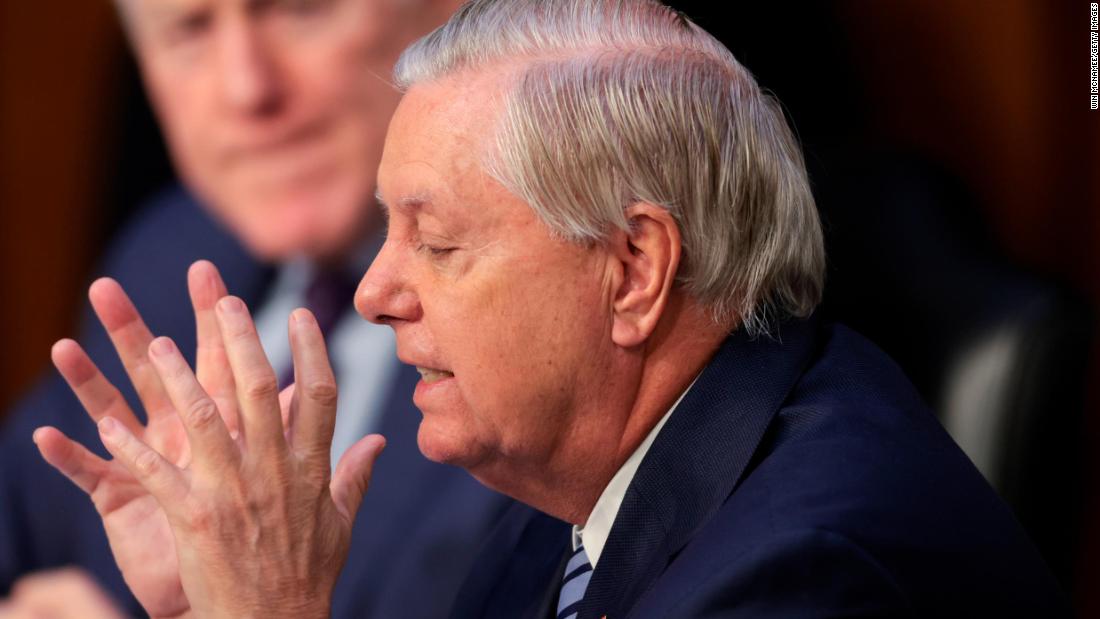
“(T)he Court quashes the subpoena only as to questions about Sen. Graham’s investigatory fact-finding on the telephone calls to Georgia election officials, including how such information related to his decision to certify the results of the 2020 presidential election,” May wrote in her ruling Thursday. “The Court finds that this area of inquiry falls under the protection of the Speech or Debate Clause, which prohibits questions on legislative activity.”
One of the calls of particular interest to Willis is a call Graham made to Georgia Secretary of State Brad Raffensperger, when — according to Raffensperger — Graham hinted that Raffensperger should discard some Georgia ballots during the state’s audit.
May wrote that “Graham may be questioned about any alleged efforts to encourage Secretary Raffensperger or others to throw out ballots or otherwise alter Georgia’s election practices and procedures.”
“The Court finds no support for the suggestion that Sen. Graham’s position or responsibilities as a US senator entitled him to exhort or pressure Georgia state election officials as to how they should change or otherwise administer their state’s election laws and procedures,” the judge concluded.
Willis said in court filings that Graham’s actions appear interconnected with the former President, and that the grand jury needed to hear from the senator specifically about at least two phone calls he made to Raffensperger and his staff in the wake of the 2020 election.
Raffensperger, Georgia’s top election official who is up for reelection this November, was the first witness to testify in front of the Special Purpose Grand Jury in May. He told CNN in November 2020 that the South Carolina senator — who was then chairman of the Senate Judiciary Committee — hinted that Raffensperger should try to discard some Georgia ballots during a statewide audit.
“He asked if the ballots could be matched back to the voters,” Raffensperger told CNN’s Wolf Blitzer on “The Situation Room” days after the 2020 election. “And then he — I got the sense it implied that then you could throw those out for any, if you look at the counties with the highest frequent error of signatures. So that’s the impression that I got.”‘
“It was just an implication of, ‘Look hard and see how many ballots you could throw out,'” Raffensperger added.
Graham has repeatedly denied accusations of applying any pressure to Georgia officials, and the senator and his lawyers argue that he was simply doing his job as a lawmaker in the aftermath of the election.
May’s Thursday order now returns the case from her court to be reviewed once again by a three-judge panel of the Eleventh Circuit Court of Appeals.

